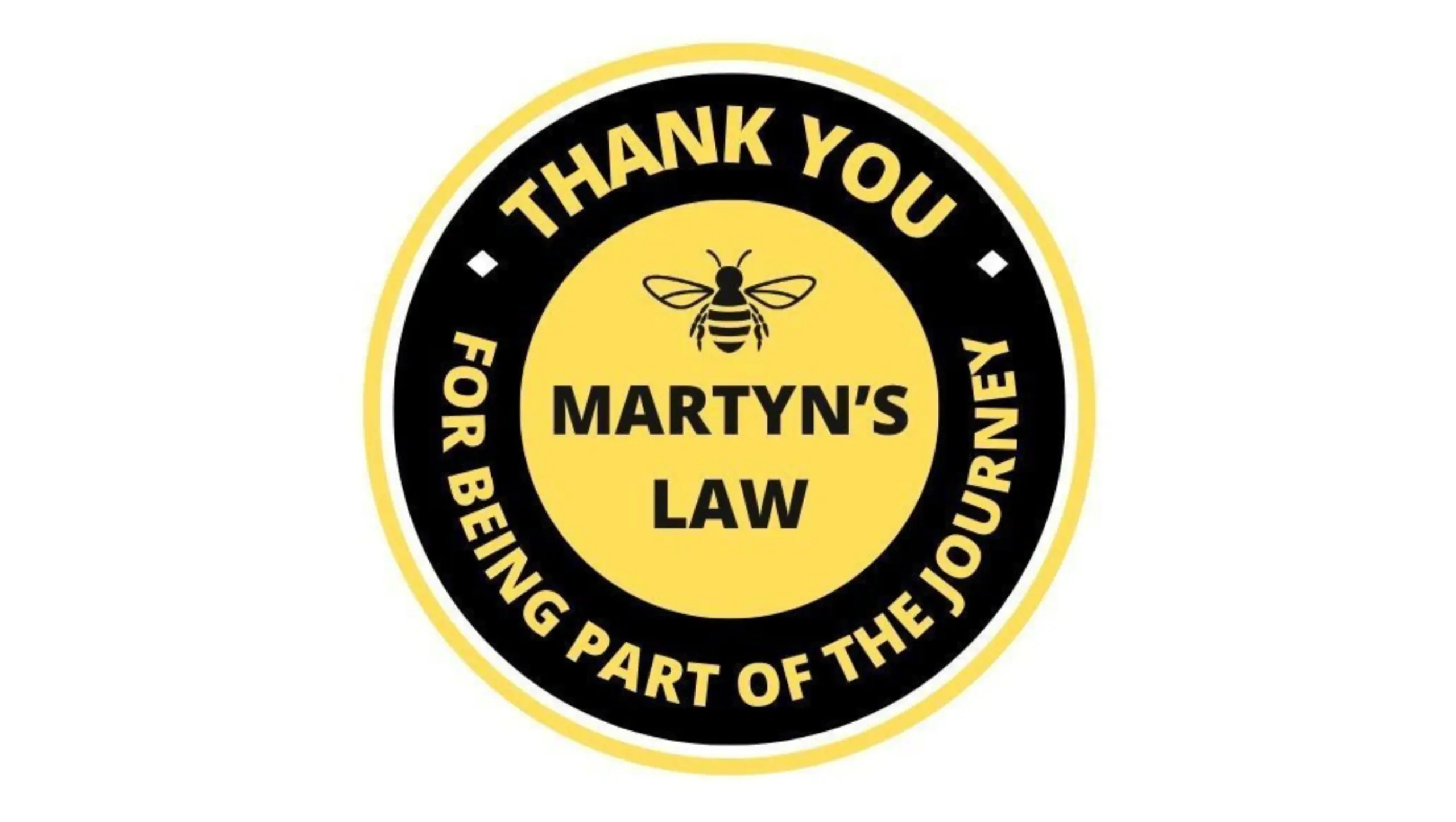As a trusted provider of Crowd Safety, Event & Venue Security, and Stewarding Services, SGC Security Services is committed to staying ahead of legislation that shapes how we protect the public. One of the most significant developments in UK security law is the upcoming Martyn’s Law—a vital step toward ensuring safer spaces for all.
What Is Martyn’s Law?
Martyn’s Law, formally known as the Terrorism (Protection of Premises) Bill, is named in memory of Martyn Hett, who lost his life in the tragic Manchester Arena attack in 2017. His mother, Figen Murray OBE, has campaigned tirelessly for stronger safety measures at public venues—and her advocacy has led to a landmark change in UK legislation.
The law aims to enhance national preparedness and improve public protection against terrorism, requiring venues and events to implement proportionate, practical measures to safeguard those in attendance.
A Tiered Approach to Safety
The legislation introduces a tiered system, ensuring that requirements are scalable based on the number of people present at a venue or event:
Standard Tier
Premises expecting 200–799 individuals fall into this category. Responsibilities include:
- Notifying the Security Industry Authority (SIA) that you’re a responsible person
- Implementing reasonable and practical public protection procedures (e.g., locking doors, identifying safe exit routes)
- No mandatory physical infrastructure changes are required, keeping compliance cost-effective and straightforward
Enhanced Tier
For larger premises or events where 800 or more people are expected:
- In addition to the standard tier requirements, venues must implement further protective measures such as:
- Bag search policies
- CCTV and monitoring systems
- Vehicle access control
- Documentation of public protection procedures is required and must be shared with the SIA
The law’s emphasis on the concept of “reasonably practicable” ensures that expectations are fair and balanced, much like in Health & Safety and Fire Safety legislation. Measures should be tailored to the unique nature and risk profile of each venue or event.
Implementation Timeline: What Happens Next?
Although the Act is not yet in force, the Government has outlined a 24-month implementation period, allowing venues and security providers to prepare effectively. During this time, the Home Office will release statutory guidance to help duty holders understand and meet their obligations under the Act.
It’s important to note: compliance is not mandatory yet, but preparation is strongly advised.
Why It Matters to Us—and to You
At SGC Security Services, our mission has always been about proactive protection. We welcome Martyn’s Law as a necessary evolution in public safety and believe it will play a key role in reducing harm and saving lives.
Our teams are already aligning our operational procedures and training with the expected requirements. Whether it’s stewarding major public events, securing venues with large footfall, or assisting clients with safety planning and implementation, we are ready to support.
By embracing Martyn’s Law now, we are not only fulfilling a legal responsibility—we are honouring a powerful legacy and making sure that the lessons of the past drive a safer future.
Watch & Learn More
We highly recommend reading the official overview and watching the short video published by Protect UK, which clearly explains the goals and structure of Martyn’s Law.



























